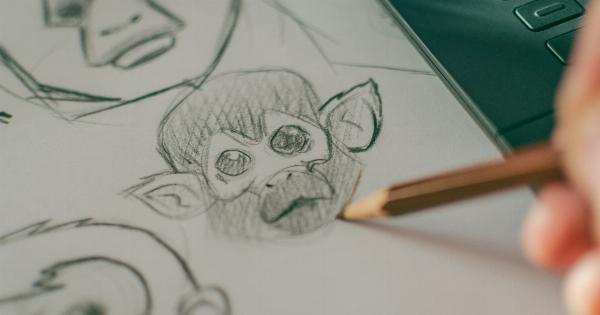Scientists have been able to create the world’s first hybrid primate-human embryos through a new experiment conducted by researchers.
This breakthrough development is being hailed as a crucial step forward in the field of stem cell research and could lead to groundbreaking advancements in medicine.
The Hybrid Embryo Experiment
The groundbreaking experiment was carried out by a team of scientists from a number of reputable universities, including China’s Kunming University of Science and Technology.
The researchers combined stem cells from macaque monkeys with those from humans to create a hybrid embryo. According to the researchers, the resulting embryo contained a mix of both macaque monkey and human cells and was retained for several days.
The study marks the first time that human and non-human primate cells have been combined at the embryo level.
While previous research has been conducted on chimeras—animals made up of multiple species—the new study is the first to use both types of cells at the embryo stage.
Potential Benefits of the Hybrid Embryos
The potential benefits of the hybrid embryos are vast, including the possibility of using them to develop new treatments for a range of diseases and to better understand the aging process.
For example, scientists could use the embryos to study the onset of Alzheimer’s, the neurodegenerative disease that affects millions of people worldwide. Additionally, the hybrid embryos could provide insights into the early stages of human development, which could ultimately lead to new breakthroughs in stem cell therapy.
However, critics of the experiment have raised questions about its ethical implications.
Some have argued that the creation of hybrid embryos could lead to unforeseen consequences that could pose a threat to the privacy and autonomy of human beings, ultimately leading to a loss of human dignity.
The Debate Over Human-Animal Hybrids
Human-animal hybrids have been the subject of intense debate for many years.
While some scientists and researchers believe that combining human and animal cells could lead to groundbreaking discoveries in medicine, others worry that it could create complex ethical concerns.
Some critics have pointed out that the creation of human-animal hybrids could blur the line between human beings and animals, while others believe that the technology could be used to create “monstrous” creatures straight out of a science fiction novel.
Despite these concerns, some scientists have continued to experiment with human-animal hybrids in the hopes of unlocking new discoveries.
In 2017, for example, a team of researchers at Salk Institute for Biological Studies successfully implanted human stem cells in pig embryos. The researchers were able to create chimeras that contained both pig and human cells.
The Future of Hybrid Embryo Research
The groundbreaking hybrid embryo experiment carried out by researchers from China and the US has opened up new possibilities in stem cell research and could lead to significant advancements in medicine.
However, questions about the ethical implications of the creation of human-primate hybrids are likely to continue to be the subject of intense debate in the years to come. As researchers continue to push the boundaries of science, it will be critical to determine the best path forward in order to ensure that these breakthroughs are used ethically and responsibly.
Conclusion
The development of hybrid embryos through the combination of human and primate cells could lead to important breakthroughs in stem cell research and generate new treatments for a range of diseases.
However, ethical concerns surrounding human-primate hybrids will continue to be the subject of debate as researchers continue to push the boundaries of science. The future of stem cell research remains bright, but it will be up to society as a whole to determine the best way to proceed and ensure that new technologies are used in an ethical and responsible manner.



























